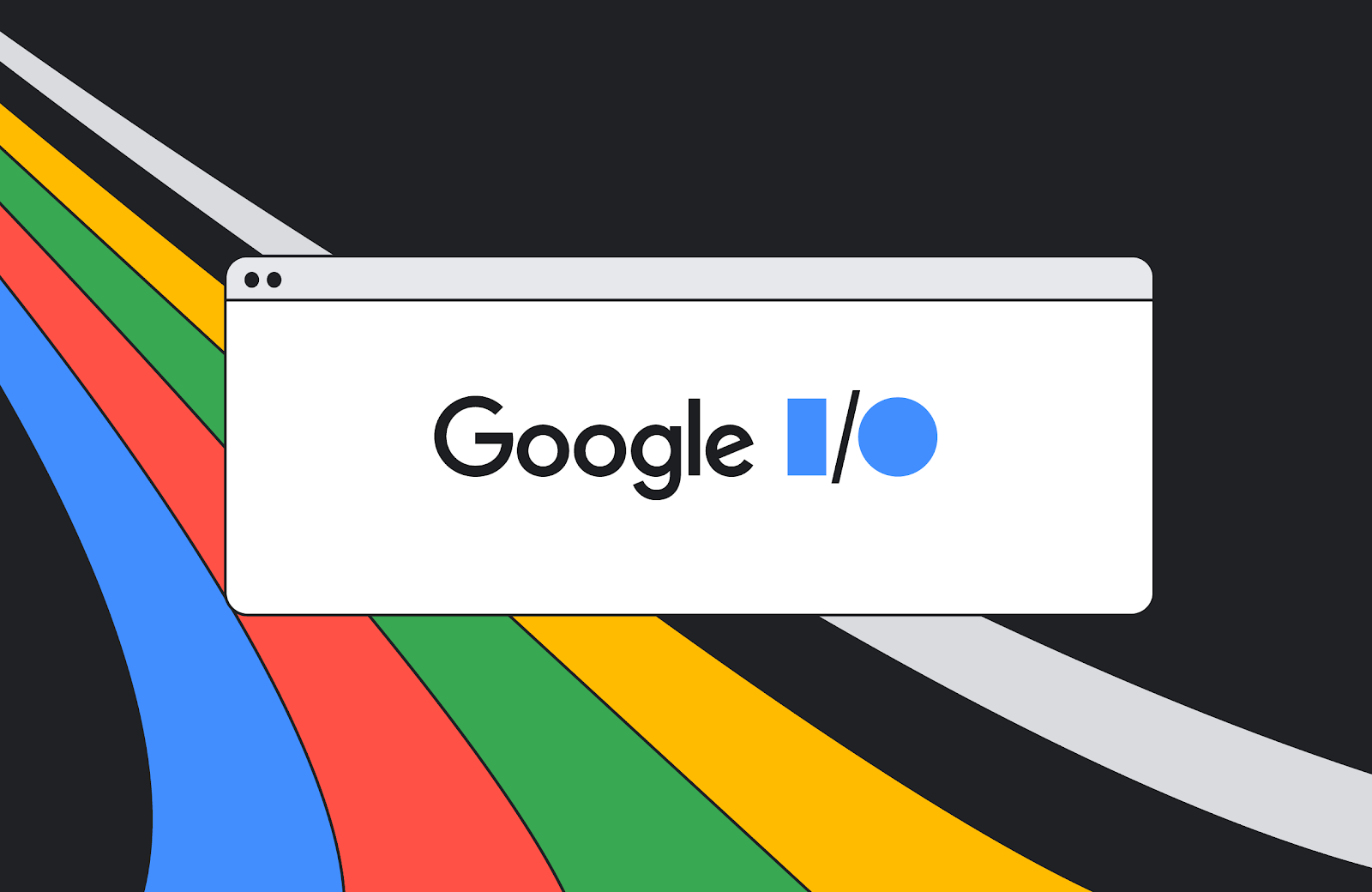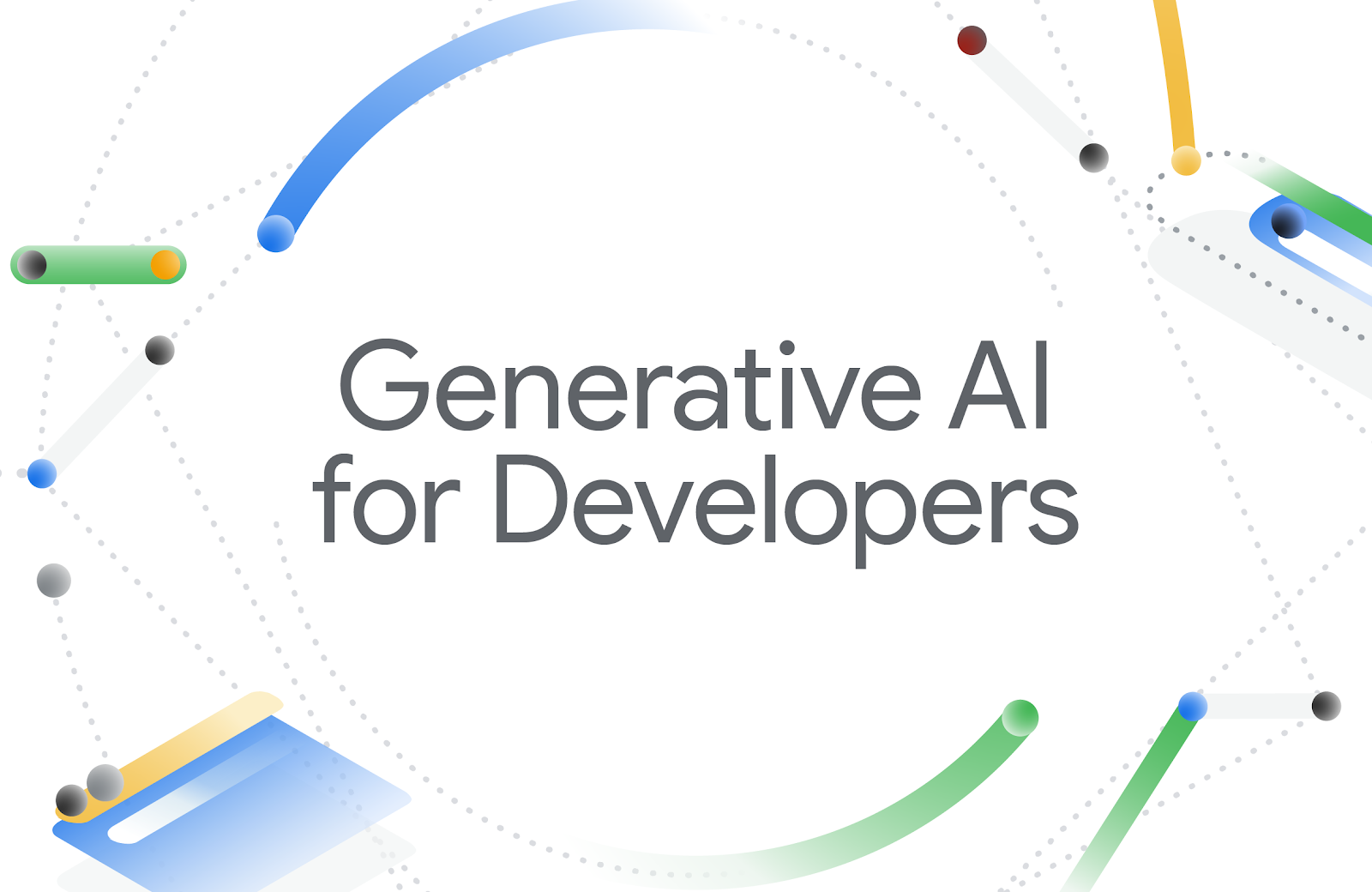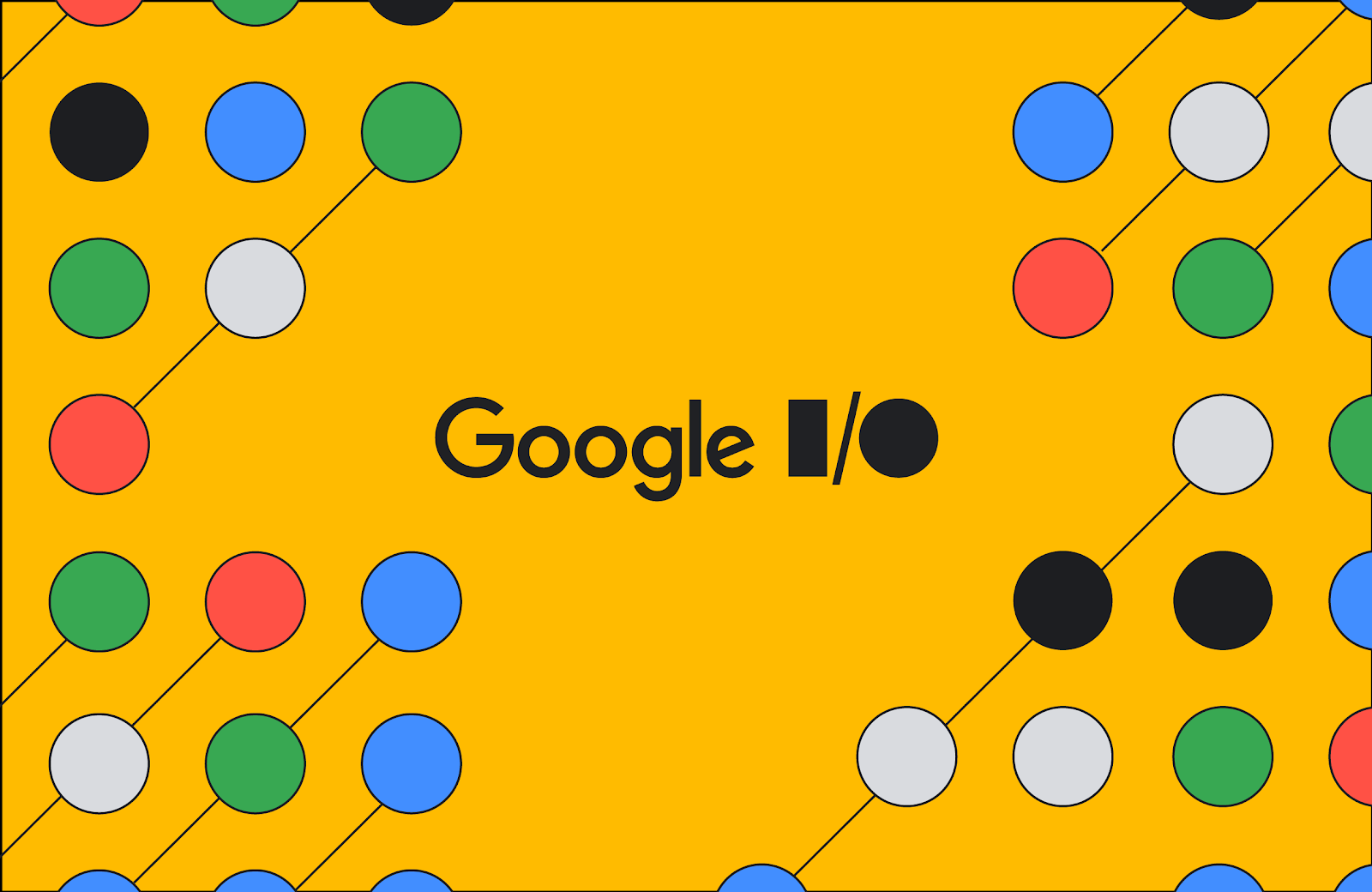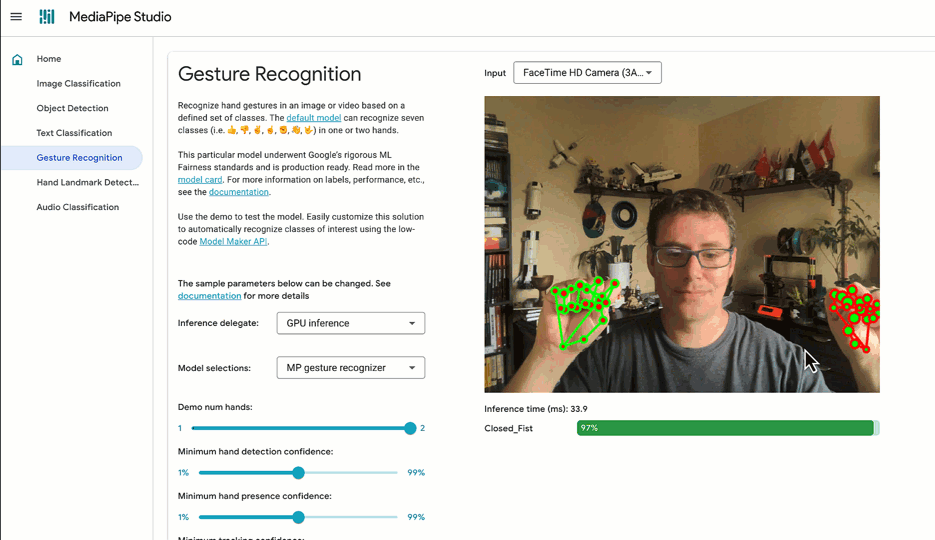
Have you ever faced bugs on technologies known worldwide? What did you do?
If you are Erick Wendel, Web GDE, you roll up your sleeves and find a solution to a bug that has been plaguing big tech companies.
Erick is a community-driven developer who got his start in the field through a software community that used to offer free courses in his home country of Brazil. This experience sparked a passion for open-source projects and collaboration that helped him solve an issue within Node.js that affected how subprocesses work in the runtime. Erick continued with his spirit of sharing knowledge by outlining exactly how he solved the bug in a detailed YouTube video (in Portuguese).
 |
| Erick Wendel, Web GDE, speaking at the FrontInSampa conference |
The bug
In Node.js, there’s a module called child process which allows you to create tasks in other functions so you process data in the background. This process harnesses more power from your machine and in web pages, allowing pages to load faster. When trying to import modules in JavaScript, there are two main ways to load those modules:
- CommonJS: scripts need to be loaded in a certain sequence. This method blocks the program until all modules are loaded in that sequence.
- ECMAScript Modules: allows for JavaScript to load modules asynchronously, thus preventing the blocking of the program as it’s loading files.
While creating an educational class for his students, Erick was using Node.js' child process module and trying to schedule a function that would be executed in the background. Working correctly, the parent process should’ve sent messages to the program running in the background as soon as calling the function. While doing this, he noticed that he was receiving an error and even rewrote his code multiple times. Erick was 100% certain that his code should’ve been working but despite his confidence, he continued to receive an error. So he thought to himself, “What if I put a setTimeout function here just to wait a bit and then ask for the events. Then it worked!” Erick realized this was in fact a real bug and went straight to the Node.js' GitHub repo to open up an issue and worked with other contributors to figure out the best solution.
Finding a solution
After Erick’s Eureka moment, he wanted to be sure that this wasn’t an issue that was only affecting him. “When I Googled this problem, I found these issues on Facebook Jest, Yarn, and other big libraries that anyone running JavaScript might use,” he discovered. As a champion of open-source projects and collaboration, Erick created an issue on Node.js' GitHub and discussed the issue while other contributors also participated.
When asked about the resources he used to fix this bug, Erick quickly mentions the open-source community. He spoke to Anna Henningsen, one of the most important Node.js contributors, in his opinion. His proposed idea was to introduce a new event in the child process module that would’ve alerted users when the event was “ready”. However, as Anna pointed out, this would’ve led to changes that would’ve required the community to learn how to use this new process. Instead she proposed, “What if you just enqueue all the messages and when the child process is ready, you dispatch them all?” This was the kind of collaboration that he strives for and this solution by Anna would’ve fixed the bug without breaking all applications that use Node.js.
Anna offered immense support and immediately after opening the discussion in GitHub, members of the community commented on the project and gave their input. He recalls, “After I submitted the first version of my solution, many contributors were reviewing my code and saying, ‘No, no, this is not the right way, you should fix this, this is a performance problem, etc.’ So I got a lot of feedback, learned a lot, and it was finally approved!” Without the help of the open-source community, he would’ve worked on a solution that would’ve created more issues. Instead, the community pointed out his blind spots and this collaboration allowed for a seamless solution.
With Erick’s solution, Node.js can effectively run background tasks using ECMAScript modules and large companies have Erick and the open-source community to thank for solving an issue that has been around since the beginning of Node.js.
Impact
Since solving this issue, Erick has become a Node.js core member where he reviews pull requests, attends discussions, and is regarded as an influential developer in the space. Erick has also been invited to conferences all around the world to speak about open-source development and his experience.
Erick wants to add visibility to the power of open-source projects and implores everyone, students and professionals alike, to help out with open-source. These projects have helped him with his goals of making an imprint in the world and he states, “I want to put my name on something that people will remember forever. I would say this is the power of open-source. You can add ideas or try fixing something and this can make you a better developer and a better person.”
Erick is continuing to solve problems (his newest solution fixed a bug in Node.js with a single line of code), learn, educate through his YouTube channel, and is looking forward to the next big challenge.
Erick’s thank yous
Erick would like to thank the open-source community and in particular, Anna Henningsen and Rich Trott for their support and contributions to this solution. In his words, "I know that for those experienced Node.js collaborators, this bug would have been fixed in just a matter of minutes and they let me help and give my best. This is a lesson I'll always remember."
You can find Erick on Twitter, GitHub and YouTube where he published a step-by-step tutorial (in Brazilian Portuguese) on how he fixed this bug and also gave a summarized tech talk sharing his journey.
The Google Developer Experts (GDE) program is a global network of highly experienced technology experts, influencers, and thought leaders who actively support developers, companies, and tech communities by speaking at events and publishing content.
 Posted by Kevin Hernandez, Developer Relations Community Manager
Posted by Kevin Hernandez, Developer Relations Community Manager
 Posted by Yiling Liu, Product Manager, Google Partner Innovation
Posted by Yiling Liu, Product Manager, Google Partner Innovation






 Posted by Stephen McDonald, Developer Programs Engineer
Posted by Stephen McDonald, Developer Programs Engineer



 Posted by Kevin Hernandez, Developer Relations Community Manager
Posted by Kevin Hernandez, Developer Relations Community Manager



















 Posted by Paul Ruiz, Developer Relations Engineer & Kris Tonthat, Technical Writer
Posted by Paul Ruiz, Developer Relations Engineer & Kris Tonthat, Technical Writer










